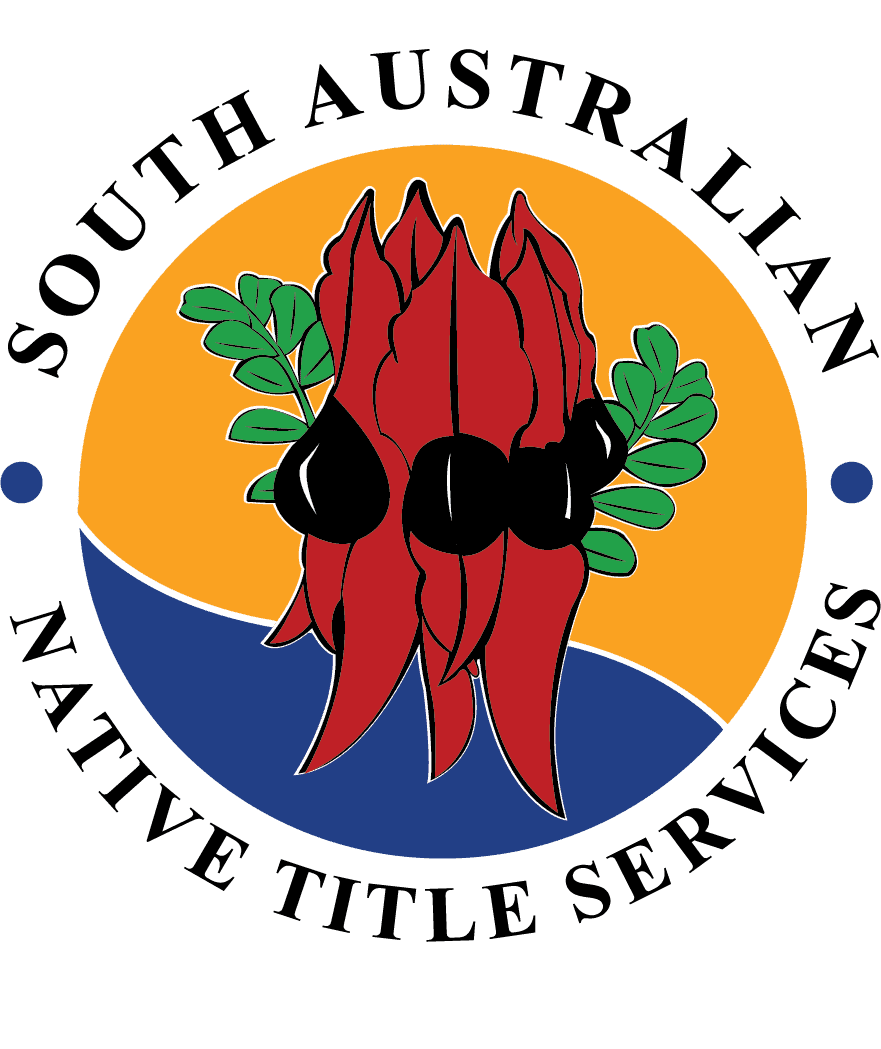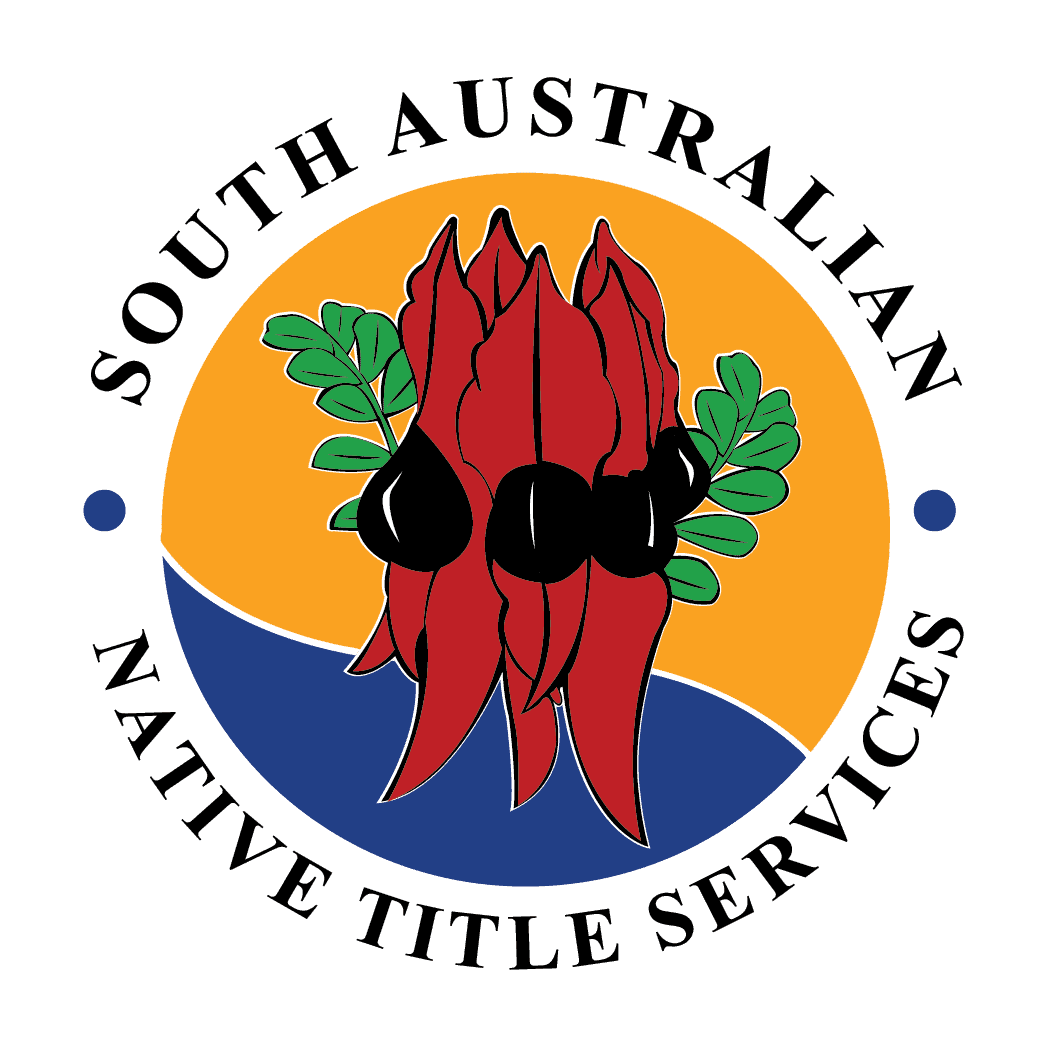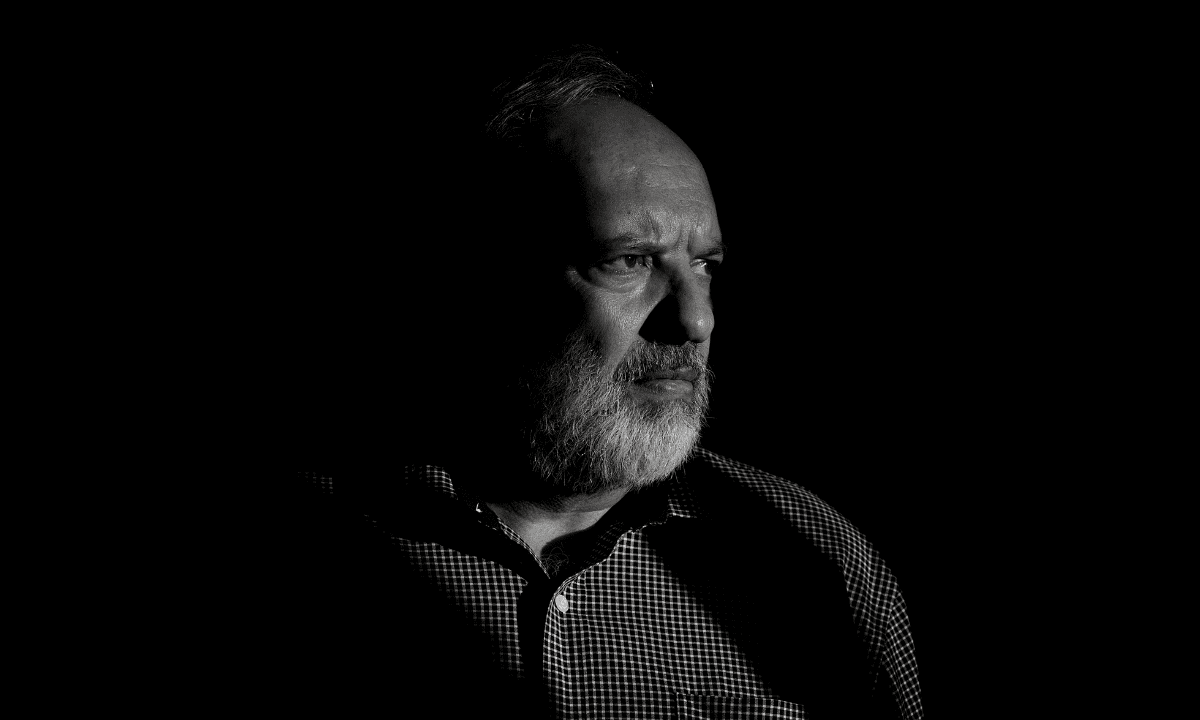It is important that native title holders’ views, interests, and aspirations are considered and embedded within any Voice to Parliament, says SA Native Title CEO Keith Thomas in this opinion piece.
As you may be aware, the Commissioner for First Nations Voice, Mr Dale Agius, has completed initial community consultations and put forward a proposed model and draft Bill for First Nations to consider. The Commissioner is currently undertaking a further round of consultations across South Australia and will receive submissions up until 6th January 2023. Further information is available at www.agd.sa.gov.au.
We support the commitment of the State Government to establish a First Nations Voice to Parliament. It is a fantastic opportunity for First Nations in South Australia to continue the legacy of our Elders and leaders before us who have fought for our recognition, rights and interests.
The proposed model for a First Nations Voice to Parliament in South Australia has many positive elements. These include:
- Regional representation
- Direct connection to Parliament with reporting and addresses
- Direct connection to State Cabinet
- Relationship to State Government Chief Executives
- Female and male representation and leadership
- Commitment to administration and resources.
However, I do have concerns about some aspects of the model. These include:
- Lack of recognition and inclusion of native title groups (including PBCs)
- Nomination and voting processes with electoral roll processes and different criteria for nominations and voting
- Bureaucratic nature of regional and state structures.
For me, one of the most significant changes over the last 30 years is the recognition of native title. In South Australia, there are now twenty Prescribed Body Corporates (PBCs) nominated by First Nations to manage the native title rights and interests over more than 60% of the State. Native title will be recognised over much of the remaining parts of the State over the next 3-4 years.
The change is not solely about native title. Yes, PBCs respond to other land users on their Country and protect native title rights and interests. However, PBCs are not just a product of native title – they are a product of many, many years of struggle for recognition and a voice for First Nations. PBCs are the peak bodies which represent our First Nations. If there is to be a Voice to Parliament, native title leadership needs to form the foundations of that Voice.
In my view, the current model has the potential to erode and undermine the leadership of PBCs and First Nations. A well-resourced regionalised and statewide model for a Voice will become ‘the Voice’ – it will be the conduit for significant discussions and engagement and hold much influence and power. If native title bodies are ignored within the model, then the Voice will not represent First Nations and thus have the potential to undermine First Nations leadership.
First Nations have the existing governance structures and processes in place, traditional owner membership, regular meetings, elections and voting processes to appoint leaders. This is all through native title corporations.
The building blocks for the Voice to Parliament already exist. Why isn’t the State Government recognising and investing in the existing First Nations leadership to achieve a Voice to Parliament?
– SANTS CEO, Keith Thomas
I am keen to ensure that the views of native title groups are heard by the Commissioner during this period of consultation on the proposed model. SANTS is convening a workshop for PBCs/native title claim group committees this month to form a joint position on the Voice.



 Protected by Patchstack
Protected by Patchstack